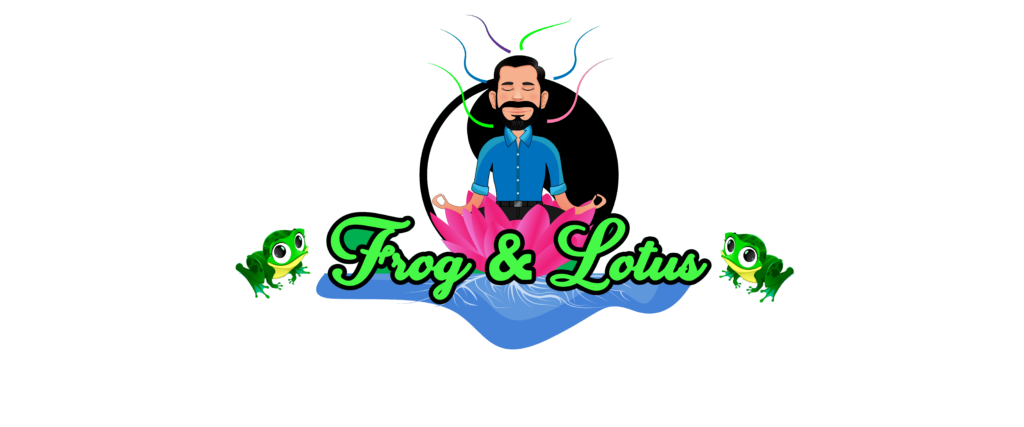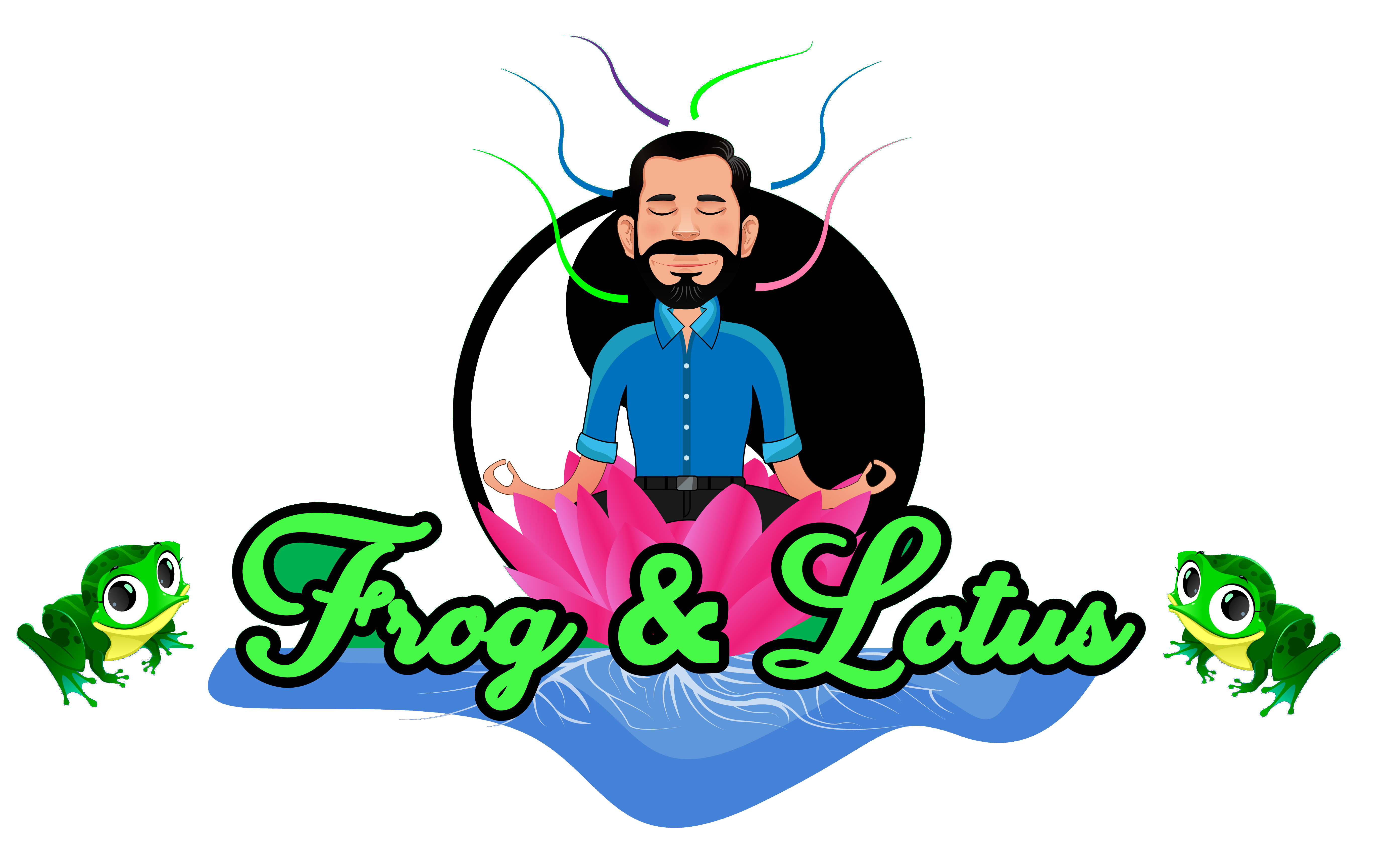This morning in a group call with participants of a course I’m taking, we watched a video called the Monkey Business Illusion. You can watch it here: https://www.youtube.com/watch?v=IGQmdoK_ZfY
Spoiler Alert: Don’t read on until you’ve watched the video!
I’d seen a version of this before so when the video first started playing, I decided to play it cool. We were on Zoom and I didn’t want to spoil it for anyone. I knew the gorilla would come out. In fact, I actually didn’t bother counting the passes of the ball because I knew that wasn’t the point. Admittedly, I felt a pang of superiority and was anxious to hear the reactions of surprise that the others in the group had when they discovered what happened. Actually, it turned out that most people in my group were already familiar with this experiment. Our facilitator asked us to write in the chat if anyone noticed anything surprising after the first part of the video was played. One person wrote, “I’ve seen this before and I knew there would be a monkey.” I thought to myself, “No! Don’t spoil it for the others!” The cat was out of the bag and I actually felt a little bad for the facilitator because he was trying to show us this cool experiment, but hardly anyone was surprised because most of us already knew about the gorilla.
But then, he played the second part of the video where the voice over asked who noticed that the curtain changed color and a player had left the stage. What? I didn’t catch that part!? I was so focused on waiting for the darn gorilla! This guy is good. I thought I was so smart. I already had all the answers. Turns out I was wrong!
We then jumped into break out rooms to discuss what happened with smaller groups and it was here that I had an epiphany. In this same class a few weeks back, one of our assignments was to try and discover our massively transformative purpose by first identifying the first 15 major world issues that came to mind. I went big. I wrote down divisive issues like political conflict, war, racism, gender bias. I also wrote down issues like drug addiction, hunger, poverty, and of course, Covid-19. Then I went a little deeper and wrote down collective psychological issues that are impacting our world like loneliness, loss of connection and feelings of unworthiness. Then my analytical side kicked in and I made a spreadsheet with a column next to each of the issues with a gut reaction for what the overarching issue is in each case. To me it seemed, that almost all of these issues were directly related to our psychology and the beliefs we hold both individually and collectively.
It is perfectly human to miss the gorilla when you are trying to keep your eye on the ball. When you know about the gorilla, it’s completely normal to miss the color change that the curtain makes or the player that walks off stage. The individuals who see all of these things and are still able to count the passes of the ball are the exception, not the norm. This is what it means to be human. The first time I saw this experiment, I missed the gorilla. Once I knew about the gorilla, I still missed the other changes.
Now you might say this is evidence that humans are fundamentally flawed. That’s certainly one way to look at it. If you are looking for problems, that’s what you’ll get. You could also choose to simply acknowledge that our capacity to process information is amazing and has helped our species to make huge advances such as building airplanes, developing vaccines to protect us from life threatening illnesses, and generally evolving towards a more peaceful society. Do we still have work to do? Of course!
Yet in solving the major problems of our world today, we must first acknowledge our humanity. Most of us don’t see the gorilla. That self-awareness is a wonderful first step. We can work to start being more mindful and present. We can pay closer attention to what’s happening around us. We still might miss the player that walks off stage, but when we do, maybe we won’t be so hard on ourselves since we acknowledge that this is normal.
But there’s a second step here. It’s not just about self-awareness. We can also acknowledge that just like us, most other people don’t see the gorilla either! What do you know? They are human too! When we acknowledge this, how can we allow ourselves to be so harsh, judgmental and unforgiving?
If we are to solve the major issues of the world today, the solution is not judgement, division or condemnation. What if each of us took a moment not just to look for the gorilla but to acknowledge that we don’t have the capacity to see ALL the gorillas? We just don’t. No one does. Instead, what if we were to acknowledge the humanity in this and apply lavish amounts of grace, acceptance and forgiveness?
If you were to apply this idea in your life, how might the world around you change for the better? It’s not easy. As humans, it’s natural to drift back to old habits. But we can try, can’t we? I’m up for it. How about you? Today, try not to be so hard on yourself and consider how you can be more accepting of others. It’s likely there’s a gorilla out there that we haven’t seen yet.
Photo by Gary Rockett on Unsplash


